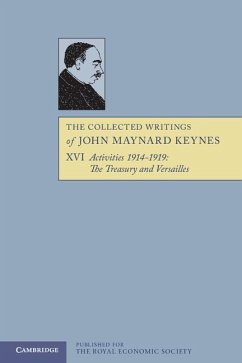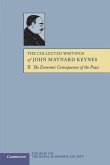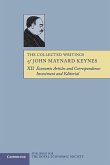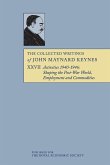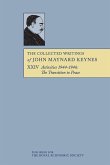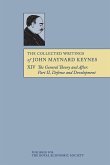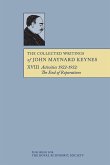From 1915, when Keynes joined the Treasury, until he resigned in 1919 during the Versailles Conference, he carried a rapidly increasing load of responsibility. This volume prints all the principal papers and memoranda he wrote during those years and throws new light on the crises of inter-allied financial relations and the near exhaustion of British financial resources. It contains also his contributions to the early thinking in the Treasury about post-war reparations and inter-allied debts. It ends with his correspondence, official and private, from Paris, as he saw his hopes of a wise settlement vanishing. This is a necessary companion to The Economic Consequences of the Peace (Volume 2 in this series).
Bitte wählen Sie Ihr Anliegen aus.
Rechnungen
Retourenschein anfordern
Bestellstatus
Storno

